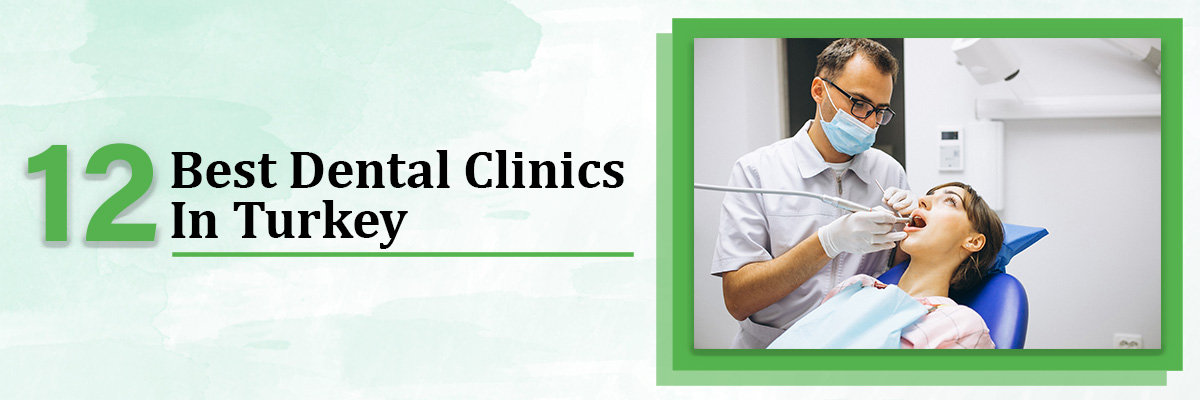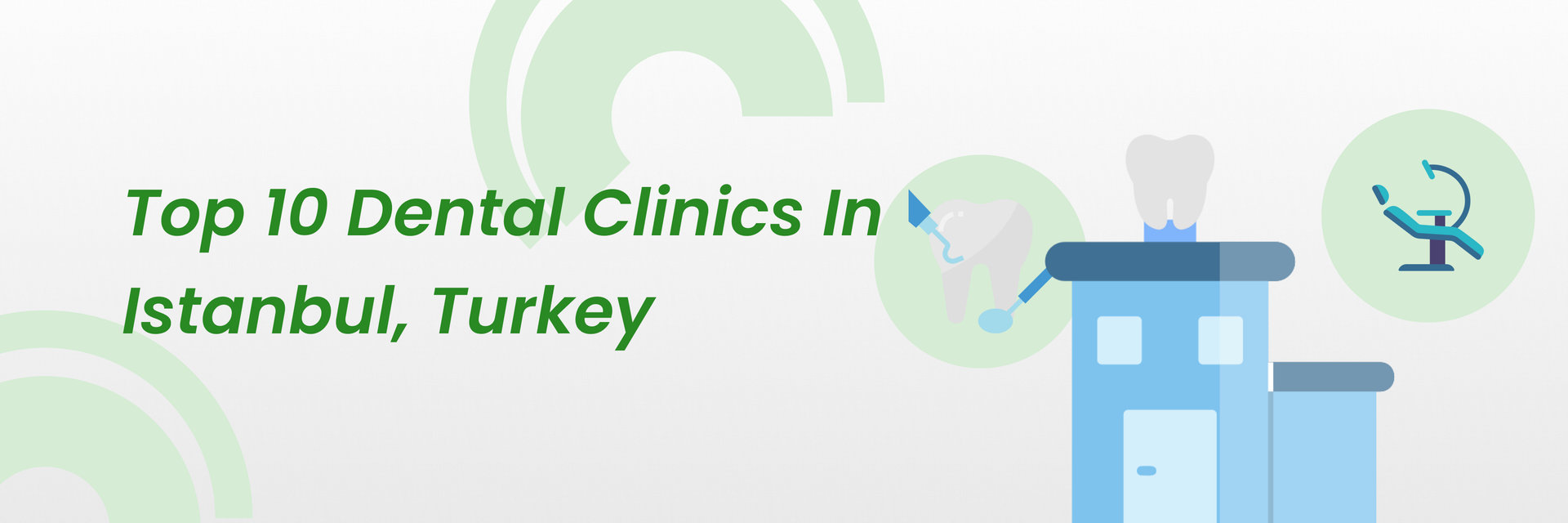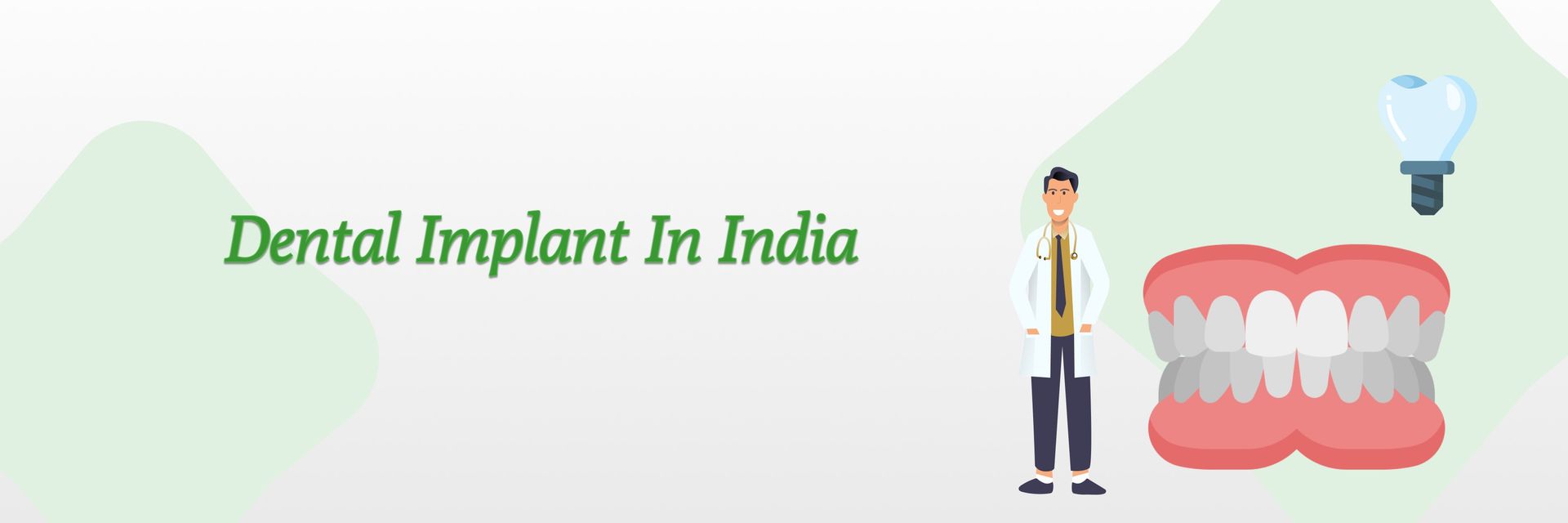Overview
When you think about your oral health, you probably focus on cavities, gum disease, or regular cleanings. However, did you know that your oral health might be connected to your heart?
Recent research shows a growing link between your mouth's health and your overall heart health. This relationship is not just a theory. Leading health organizations such as the American Heart Association and Harvard Health have clarified and demonstrated this link.
If you are looking for a trusted Dentist Mississauga to guide you through this connection and help you protect both your smile and your heart, you are already taking a powerful step toward better health.
Let us dive into what this connection means, how it works, and why your oral hygiene routine might be more important than you ever imagined.
How Oral Health and Heart Health Are Connected
To understand the connection, you need to look at gum disease. Also known as periodontal disease, gum disease is caused by bacteria that live in your mouth. These bacteria collect along the gum line and between teeth. If they are not removed, plaque and tartar accumulate, causing inflammation and infection in the gums.
But here is where things get interesting. The bacteria and inflammation linked to gum disease do not remain solely in your mouth. In many cases, they enter your bloodstream. Once there, they can travel to other parts of your body, including your heart.
Numerous studies indicate that individuals with gum disease have an increased risk of developing heart disease. A primary reason for this is inflammation, which is a shared factor in both conditions. When your body is inflamed for extended periods, it damages blood vessels. this damage can lead to hardened arteries, known as atherosclerosis, a major cause of heart attacks and strokes.
The Role of Bacteria in Heart Health
When oral bacteria enter your bloodstream, your immune system detects them as threats. It responds by triggering inflammation in your blood vessels. Over time, this inflammation can lead to the buildup of plaque in your arteries.
This plaque is not the same as the plaque on your teeth. Arterial plaque is a sticky substance made of fat, cholesterol, and cellular waste. As it builds up, it narrows your arteries and makes it harder for blood to flow.
In some cases, oral bacteria have even been found in the fatty deposits of people with heart disease. This discovery further supports the idea that bacteria from the mouth may directly contribute to heart problems.
Why Oral and Heart Diseases Often Coexist
Another key point to consider is that gum disease and heart disease often share the same risk factors. If you have poor oral hygiene, smoke, eat an unhealthy diet, or have uncontrolled diabetes, you are at a higher risk for both conditions.
That does not mean one directly causes the other every time. But the overlap is significant. It means if you are at risk for one, you should be cautious about the other. Taking better care of your oral health could help reduce your overall health risks.
Warning Signs to Watch For
Because the connection is not always obvious, you need to pay attention to the signs. Here are some oral symptoms that could suggest a deeper issue:
On the other hand, heart disease symptoms are more well-known and may include:
- Chest pain or pressure
- Shortness of breath
- Fatigue or dizziness
- Irregular heartbeat
Top Effective Tips to Protect Both Your Mouth and Your Heart
The good news is that prevention is within your control. By maintaining excellent oral hygiene, you reduce the harmful bacteria in your mouth. This decreases your likelihood of gum disease and could also reduce your risk of heart disease.
Here is what you can do:
- Brush your teeth twice a day with fluoride toothpaste.
- Floss daily to clear plaque between teeth.
- Schedule regular dental visits for cleanings and exams.
- Maintain a heart-healthy diet full of fruits, vegetables, and whole grains.
- Refrain from smoking, which damages both oral and cardiovascular health.
- Control chronic conditions like diabetes and hypertension.
How Is Professional Dental Care a Key Part of Prevention?
While brushing and flossing are essential, they are not enough on their own. You also need professional dental care. Regular checkups enable your dentist to identify early signs of gum disease, eliminate hardened plaque, and develop a tailored care plan.
Your dental visits can even serve as early warnings for broader health issues. In fact, many dentists are now trained to recognize signs of systemic inflammation that may impact your overall health.
At Trio Dentistry in Mississauga, we believe in treating more than just teeth. We take a holistic approach to dental care that addresses the whole body. By identifying problems early, we help you stay healthy from head to heart.
Final Thoughts
Your mouth is more than merely the entrance to your digestive system. It is a window into your overall health. The evidence connecting oral health to cardiovascular disease is stronger than ever. While more research is still ongoing, there is enough information now to take action.
Caring for your oral health is not only about avoiding toothaches or cavities. It is about protecting your heart, improving your quality of life, and preventing serious health complications.







